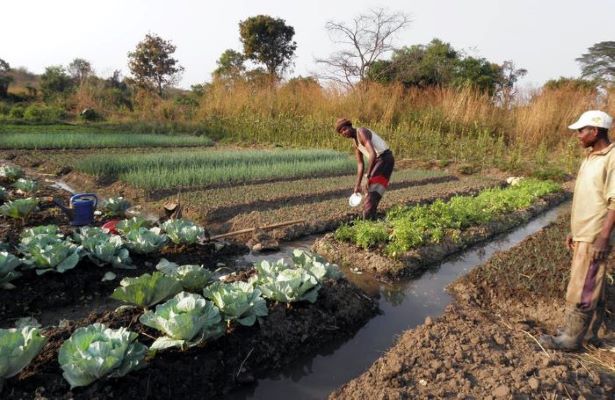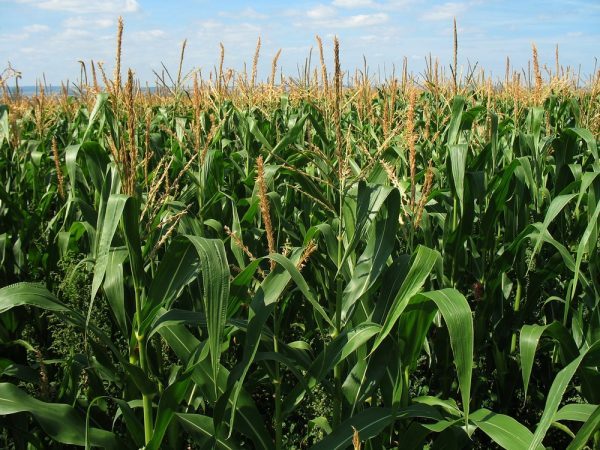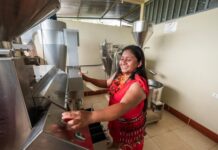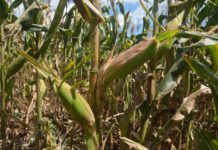Livestock farms around the world are set to receive US $2.6Bn in funding from the International Finance Corporation (IFC) and the European Bank for Reconstruction and Development (EBRD). The funds will go towards pig, poultry and beef farming, dairy and meat processing. This is despite warnings that reducing meat and dairy consumption is essential for tackling the climate crisis.
The UK government is a major funder of both banks and its own development bank, CDC, has also invested tens of millions of pounds in the global livestock sector over the past decade, including finance for an industrial-scale beef feedlot in Ethiopia and poultry companies in Niger and Uganda.
Development banks provide medium and long-term capital for the purpose of economic growth in poorer countries. The IFC and EBRD have both publicly committed to tackling man-made climate change and making investment decisions with the climate in mind.
Environmental footprints
Scientists have repeatedly raised the alarm over the sizeable climate footprint of animal farming and said that unless global consumption is reduced, efforts to tackle climate change will fail. This is because it produces nearly 15% of human-made greenhouse gas emissions.
Animal products tend to have far higher environmental footprints – in some cases 10 to 100 times higher – than plant-based foods because of the amount of land, water, greenhouse gas-emitting fertilizers and energy needed to produce a portion of protein. The livestock sector uses more than 80% of the world’s farmland, either as pasture or as land producing animal feed. This is very high compared to the 18% that the venture provides in global calories.
Last week in a landmark climate report the World Bank committed to working with clients to incentivize sustainable diets and “address drivers of increased meat consumption.” According to media reports, the Bank expressed interest in advocating for a carbon tax on the livestock sector. The report extolled the climate benefits of plant-based meat substitutes.
The dairy sector was the biggest recipient of IFC and EBRD funding, with processing companies and farms receiving more than $1bn. The pig and poultry sectors each received about $500m. This, according to the IFC, is intentional in their move to cater for growing global demand for meat and dairy and that the livestock sector is a key pillar of food security and poverty reduction in many countries. It acknowledged, however, that the sector had a “large environmental and climate footprint”.
The European Bank said the meat and dairy sectors represent an important staple in the diets of many people but that livestock projects represent about 1% of its total business investment. Both banks said they are working to reduce the emissions of the projects they fund.








